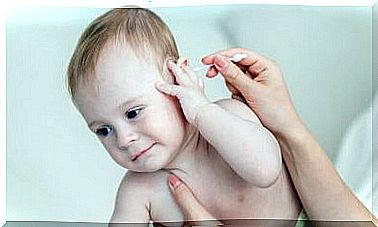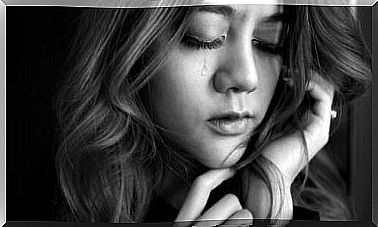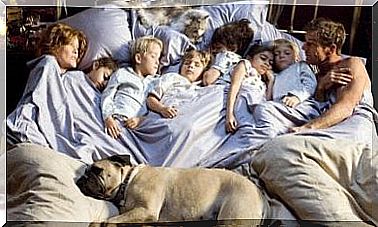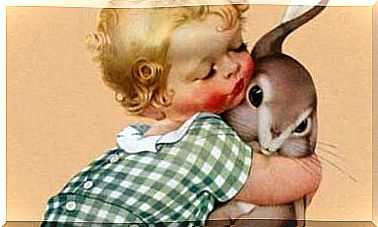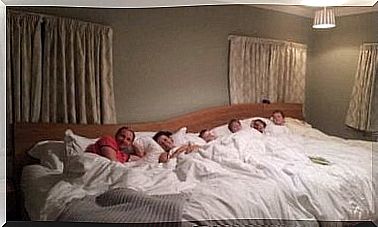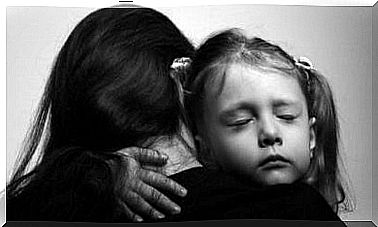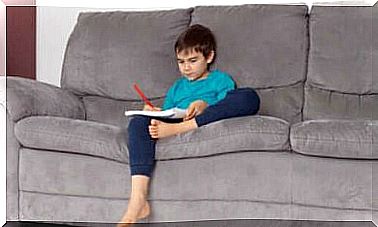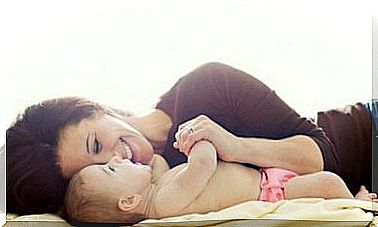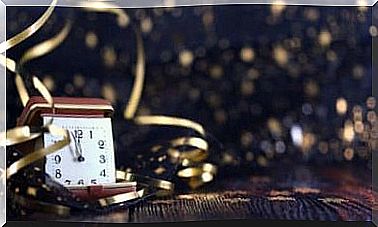Pedagogy Of Leisure
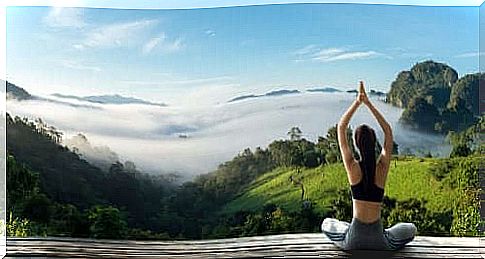
The leisure pedagogy aims to educate about and for free time, considering that not all the free time we have outside working hours is leisure time. There are moments in our lives that must be invested in satisfying physiological needs, traveling, household and family tasks or administrative tasks.
Outside of that time set aside for work and other needs and obligations, the rest of the free time available to people should be considered a time that has special value. For this, an education that teaches how to make satisfactory use of it is necessary.
Pedagogy of leisure: what does it consist of?
Leisure pedagogy is a branch of pedagogy responsible for studying people’s leisure and free time. It aims to teach and guide individuals so that they have occupations and activities that are fruitful, fruitful and beneficial in their free time.
According to Pérez Serrano (1988), “education about free time is a process of liberation that leads people to an open, free and committed attitude to the construction of their reality.”
The author argues that the purpose of free time is freedom, and the purpose of education about free time is not to carry out training activities that occupy our time, but rather to improve what is educational in leisure.
More specifically, the International Charter on Education for Leisure (1993), in reference to school educational contexts, proposes to include appropriate and relevant subjects for the study of leisure, as well as to promote the inclusion of the leisure issue in all educational and cultural activities , both inside and outside the school.
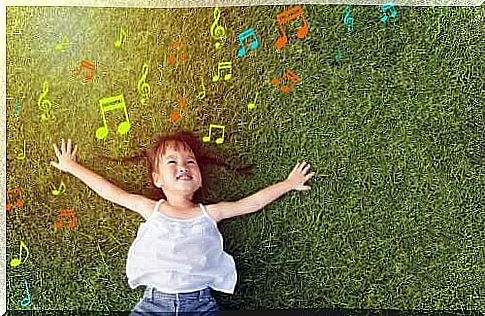
Pedagogy for leisure as a development process
In today’s society, thanks to technology, a great industry was built around leisure and free time. Many offers and advertisements are primarily aimed at consumption and economic benefits, rather than considering free time as a source of development.
The pedagogy of leisure seeks just the opposite: to educate to ensure that people see free time as a valid time to enjoy conscious leisure and with importance for our well-being.
In this sense, Westland (1987), cited by Mendo (2000), explains why it exists, in addition to what and how an education for leisure should be.
- The why: in this sense, ‘ being’ is more important than ‘ appearing’ ; ‘ Creating’ is more significant than ‘ consuming’ and ‘ participating’ is more important than ‘ seeing’ .
- What: People should learn what free time and leisure mean and include it as a way of life.
- How: through education and at school, with specific teaching activities. It is necessary to educate individuals so that they understand the important role that free time plays in our personal development.
Leisure activities and free time
There are certain criteria on which a leisure pedagogy is based in considering and planning leisure and leisure activities.
Firstly, this pedagogy tries to guarantee that we can be critical in the face of the enormous offer of leisure activities, being able to analyze to know how to choose what really interests us and brings us some benefit.
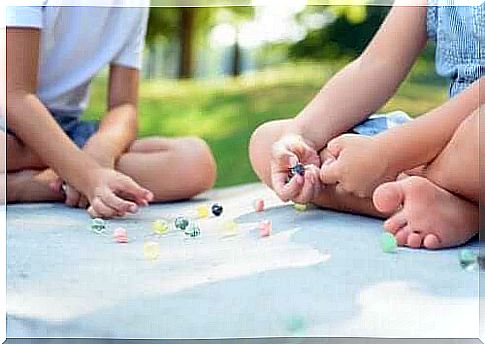
Second, the use of free time and the activities we choose to do should make us really happy. Free time should serve as a compensation and balance in the face of all the needs, frustrations, disappointments and exhaustion we are subject to in our daily life.
In addition to the longer leisure offer, such as travel, for example, there is currently a great offer of leisure. It is made up of several activities that have important educational and personal and social development factors.
For example: local parties, nature activities such as camping or hiking, cinema and theatre, sports or association with playful and recreational components.
Final considerations
In short, enjoying free time is directly related to taking care of your health. It is precisely the pedagogy of leisure that is responsible for making individuals recognize the need to enjoy their free time in an ideal way.
Far beyond its connotation as a moment of fun and rest, a conscious use of free time allows new learning to be built. Learnings that activate social participation, favor creation and help to avoid risky behavior.
